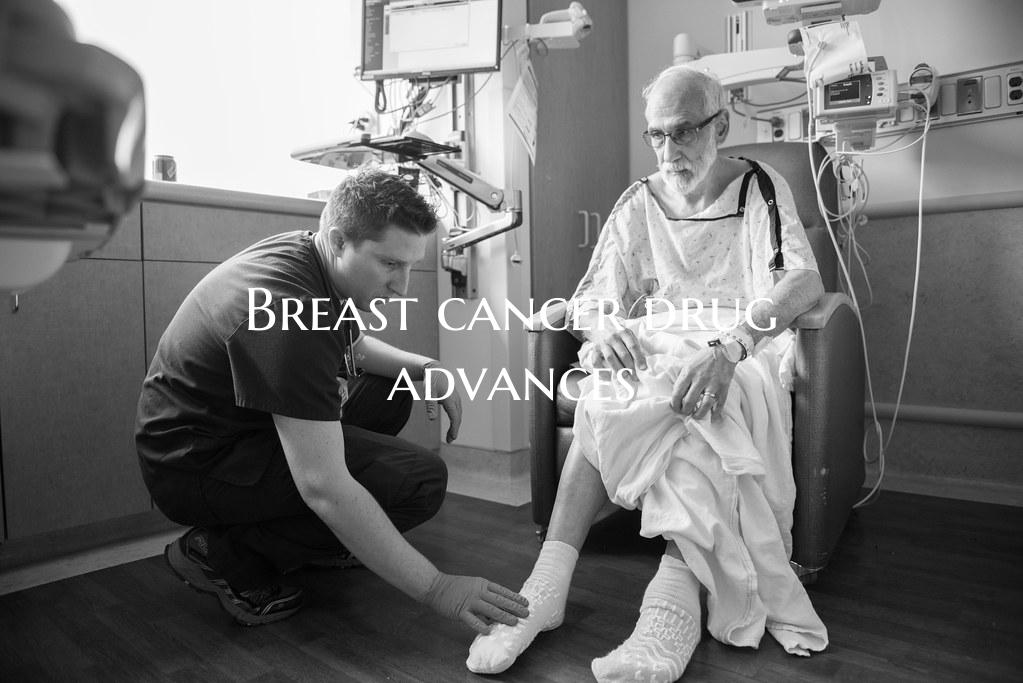
Breast cancer drug advances
Introduction: In recent years, there have been significant advancements in the field of breast cancer treatment, particularly in the development of new drugs. These breakthroughs offer new hope to patients by providing more effective and targeted therapies to combat this devastating disease.
1. Targeted Therapies: One of the most significant advancements in breast cancer treatment is the development of targeted therapies. These drugs work by specifically targeting the cancer cells, while minimizing damage to healthy cells. Examples include drugs that target specific molecular pathways involved in cancer growth, such as HER2-positive breast cancer.
2. Immunotherapy: Immunotherapy has emerged as a promising treatment option for breast cancer. This approach harnesses the power of the immune system to recognize and destroy cancer cells. Immunotherapy drugs, such as checkpoint inhibitors, are being studied in clinical trials for their potential in treating various subtypes of breast cancer.
3. Precision Medicine: Advances in genetic testing have enabled the use of precision medicine in breast cancer treatment. By analyzing the genetic makeup of a patient's tumor, oncologists can tailor treatment plans to target specific mutations driving the cancer's growth. This personalized approach has led to improved outcomes and reduced side effects.
4. Combination Therapies: Researchers are exploring the use of combination therapies to improve treatment outcomes for breast cancer patients. By combining different drugs with complementary mechanisms of action, doctors can effectively target multiple pathways involved in cancer progression. This approach can enhance treatment efficacy and overcome drug resistance.
5. Novel Drug Delivery Systems: In addition to new drug development, researchers are also investigating innovative drug delivery systems to improve the effectiveness of breast cancer treatments. Nanoparticle-based therapies, for example, can enhance drug delivery to tumor sites while minimizing toxicity to healthy tissues, offering a more targeted and efficient treatment approach.
Conclusion: The advancements in breast cancer drug treatment represent a significant step forward in the fight against this devastating disease. With targeted therapies, immunotherapy, precision medicine, combination therapies, and novel drug delivery systems, oncologists have a wider array of tools to provide personalized and effective treatment options for breast cancer patients. Continued research and collaboration among scientists, clinicians, and pharmaceutical companies are crucial to further improve outcomes and quality of life for those affected by breast cancer.